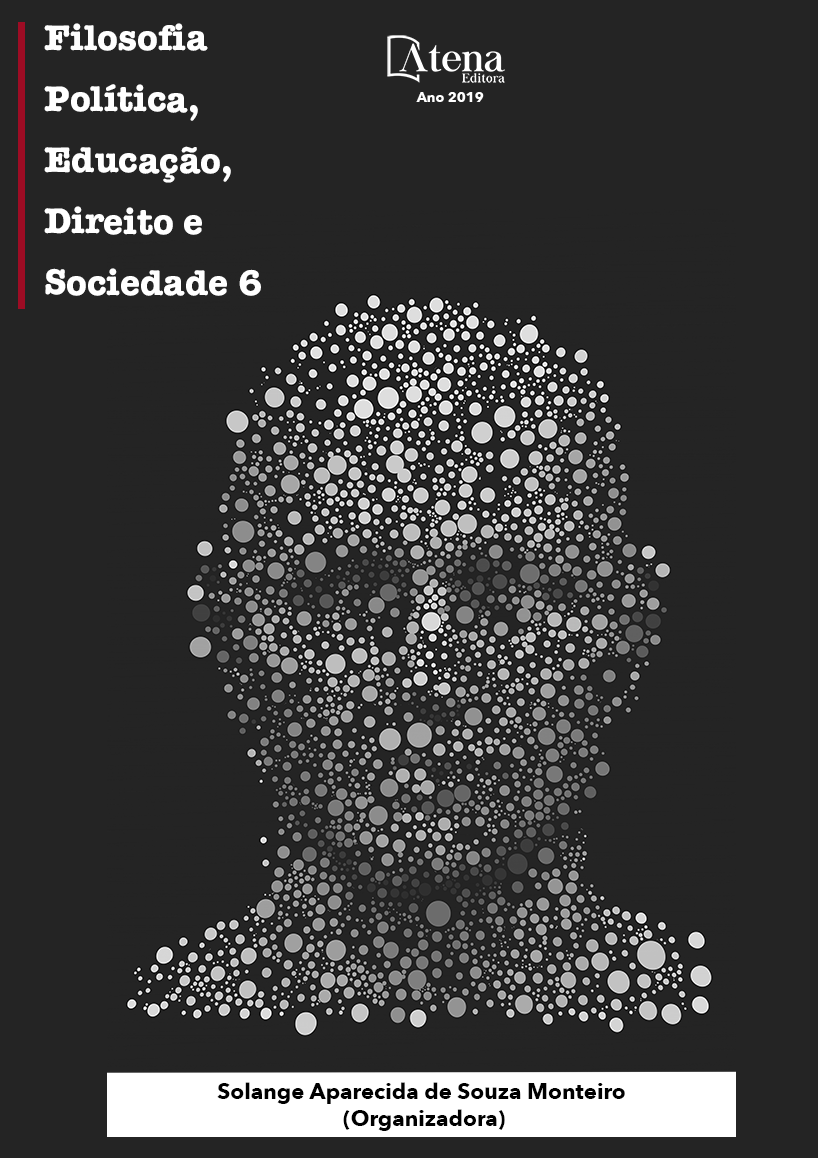
UM ESTUDO SOBRE O MATERIAL APOSTILADO NO ENSINO FUNDAMENTAL: NA VISÃO DOS ALUNOS
O presente trabalho, fruto de
pesquisa pelo Programa de Bolsas de Iniciação
Científica Júnior da Fundação de Pesquisa
de Minas Gerais-Fapemig, teve como objetivo
analisar o significado do uso de material
apostilado no Ensino Fundamental II de uma
escola pública municipal de Pouso Alegre/MG.
A adoção de apostilas no Ensino Fundamental
gera polêmica, pois para muitos pesquisadores
é um meio de massificação, e um negócio
rentável para grandes empresas. O uso do
material apostilado no Brasil, data dos anos
2000, e veio com a proposta de melhorar a
educação, diante do pressuposto que todos os
países desenvolvidos utilizam desse material no
sistema educacional. A metodologia empregada
foi de natureza qualitativa, através de 13
entrevistas realizadas a uma amostra de alunos
do 6º ao 9º anoº de uma escola municipal deste
município. A análise permitiu compreender
entre outras, que o material apostilado não
representa uma reforma na maneira de ensinar,
porém sinaliza para uma prática alienada do
professor e do aluno que se mostram fora do
processo de escolha política de adotar ou não
tal material.
UM ESTUDO SOBRE O MATERIAL APOSTILADO NO ENSINO FUNDAMENTAL: NA VISÃO DOS ALUNOS
-
DOI: 10.22533/at.ed.99519040236
-
Palavras-chave: Material Apostilado, Ensino Fundamental, Visão dos Alunos.
-
Keywords: Teaching Material, Elementary Education, Students’ View.
-
Abstract:
The present work, as a result
of research by the Junior Scientific Initiation
Scholarship Program of the Research
Foundation of Minas Gerais-Fapemig, aimed
to analyze the meaning of the use of apostilled
material in Elementary School II of a municipal
public school in Pouso Alegre / MG . The
adoption of handouts in Elementary Education
generates controversy, since for many
researchers it is a means of massification, and
a profitable business for large companies. The
use of the apostilled material in Brazil, dates
from the 2000s, and came with the proposal to
improve education, given the assumption that
all developed countries use this material in the
educational system. The methodology used
was qualitative, through 13 interviews carried
out with a sample of students from the 6th to 9th
grade of a municipal school in this municipality.
The analysis allowed us to understand, among
others, that the apostilled material does not
represent a reform in the way of teaching, but
signals to an alienated practice of the teacher
and the student that show themselves outside
the process of political choice of adopting or not
such material.
-
Número de páginas: 15
- SONIA APARECIDA SIQUELLI


